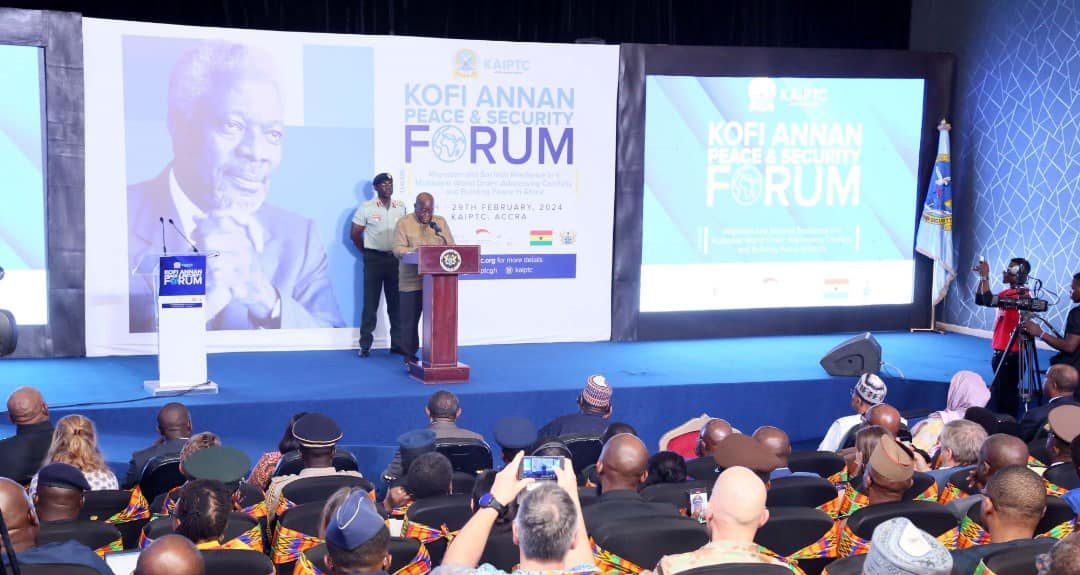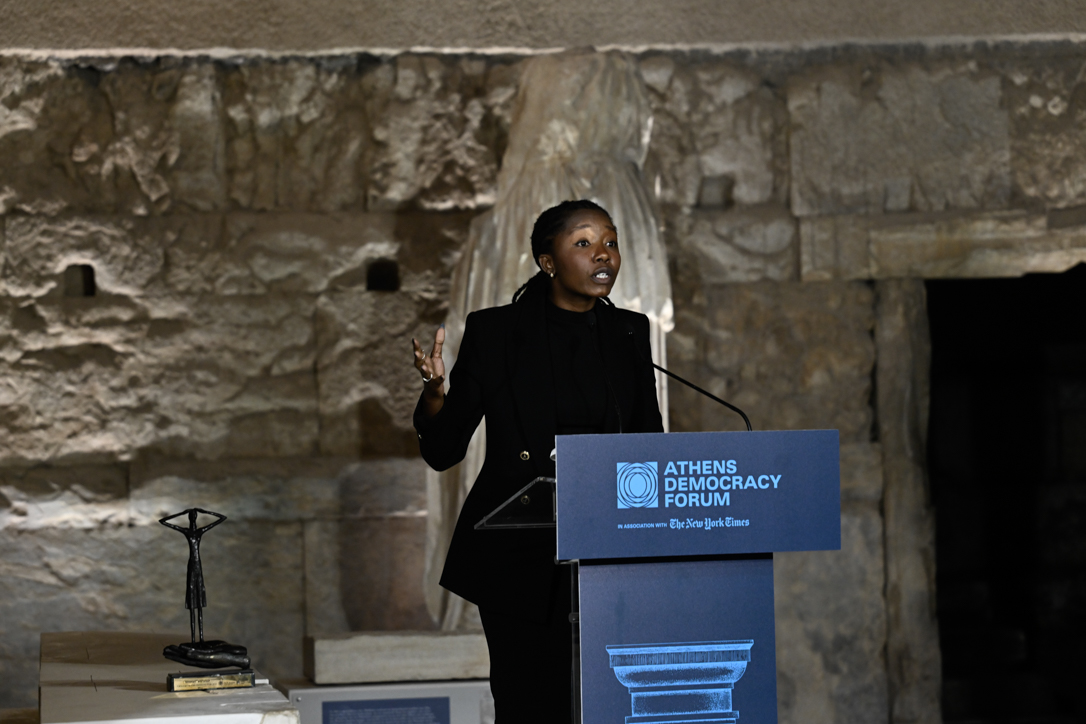Geneva Peace Week 2019: Can Codes of Conduct Prevent Electoral Violence?
The following article was written by Giulia Marcucci who works at the Kofi Annan Foundation for the Elections and Democracy team.
“The end of the Cold war triggered a rapid spread of multiparty democracy across the globe and the concomitant proliferation of elections,” noted Sebastian Brack, the head of the Foundation’s Elections and Democracy Programme, in his introductory remarks. “Yet over time, confidence in elections, and in democracy itself, has fallen in many countries as more and more elections fail to meet standards of integrity. As a result, elections have often become flashpoints for violence and political unrest. What can be done?”
Elections have often become flashpoints for violence and political unrest. What can be done?
The Kofi Annan Foundation and the Swiss foreign ministry have experimented with pre-electoral codes of conduct (COCs) as one possible tool to prevent, or at least reduce, election-related violence in a number of vulnerable countries, three of which were under discussion in this Geneva Peace Week panel: Georgia, Nigeria and Zimbabwe.
In all three cases, the COCs involved presidential candidates and/or their parties committing publicly to peaceful elections, accepting the results, or contesting them only through the courts, and calling on their supporters to abstain from violence before, during and after the elections.
The panel at the Geneva Peace Week event; Sebastian Brack, Head of Elections and Democracy at the Kofi Annan Foundation; Tamar Zhvania, Chairperson, Georgian Central Election Commission; Stéphane Rey, Head of Peace Policy and Programs, Human Security Division, Swiss Federal Department of Foreign Affairs FDFA; Isaac Maposa, Director, Zimbabwe Institute; and Pascal Holliger, Human Security Advisor, FDFA in Zimbabwe, formerly in Nigeria.
Here are my key takeaways from this conversation on Codes of Conduct:
1. A code of conduct is all about trust
“The process is as important as the result,” stressed Stéphane Rey, the deputy head of the ministry’s Human Security Division. Developing a CoC requires months of consultation and discussion among parties at a time when tensions are often flaring due to antagonistic campaigning. These talks often help defuse tensions and suspicions and foster mutual trust among different candidates and their staffers, as well as voters’ trust in the process.
The three case studies under discussion showed that the key was less the nature of the convener/facilitator than the trust he/she enjoys. In Georgia, Tamar Zhvania was a widely-respected apolitical member of civil society before heading the national election commission, in which role she steered the political players through the CoC. In Zimbabwe, Isaac Maposa had been working on inter-party dialogue for over a decade before leading the CoC process. Finally, in Nigeria, Pascal Holliger, a Swiss diplomat, benefited not only from his country’s reputation for neutrality but also from his years of experience in the country and the close relationships with the political actors he had cultivated over time.
Pascal Holliger, Human Security Advisor, FDFA in Zimbabwe, formerly in Nigeria.
Even then, Holliger reminded the audience that the landmark 2015 Abuja Accords in Nigeria between the presidential candidates would not have been possible without Kofi Annan himself, who persuaded Mr Buhari to sign up to it the night before. Mr Annan was regarded as the ultimate honest broker.
2. Each country is different
“In Zimbabwe, we have a tendency to be very legalistic, also because the fear of sanctions for violating the law has proved important in the past. Therefore, I recommend formalising CoCs into electoral law”, explained Isaac Maposa.
Tamar Zhvania, on the other hand, highlighted that the Election Administration of Georgia decided instead to maintain the 2018 Code of Principles as a non-binding tool. “We thought the Code could be more conducive to the creation of a peaceful electoral environment if political parties did not see it as an instrument that could be used to sanction them.”
Tamar Zhvania, Chairperson, Georgian Central Election Commission, speaking at the panel event during Geneva Peace Week 2019.
In Nigeria, what mattered more than the document itself, or its legal status, was the political symbolism of the pictures of the incumbent, President Jonathan, and his longtime rival from the opposition, presidential aspirant General (rtd) Muhammadu Buhari, hugging and smiling together in the run-up to the election at a time when their supporters were fighting on the ground.
“When the rank and file saw their leaders shaking hands and drinking champagne together in the capital, it robbed many rowdy activists on the ground of their thunder,” opined Holliger.
3. One cannot fall asleep between elections
Tamar Zhvania acknowledged that a challenge in the effective implementation of the Code of Principles for the 2018 Georgian Presidential Elections was their introduction in the midst of the electoral campaign.
That is why the Foundation and the Swiss ministry of foreign affairs recommend engagement throughout the electoral cycle. “You cannot build trust overnight”, stressed Sebastian Brack in his concluding remarks. “The golden handshake just before election time requires months, even years, of careful confidence-building.”
—
Share your thoughts and learn more about the Elections and Democracy programme by following our dedicated account on Twitter.



